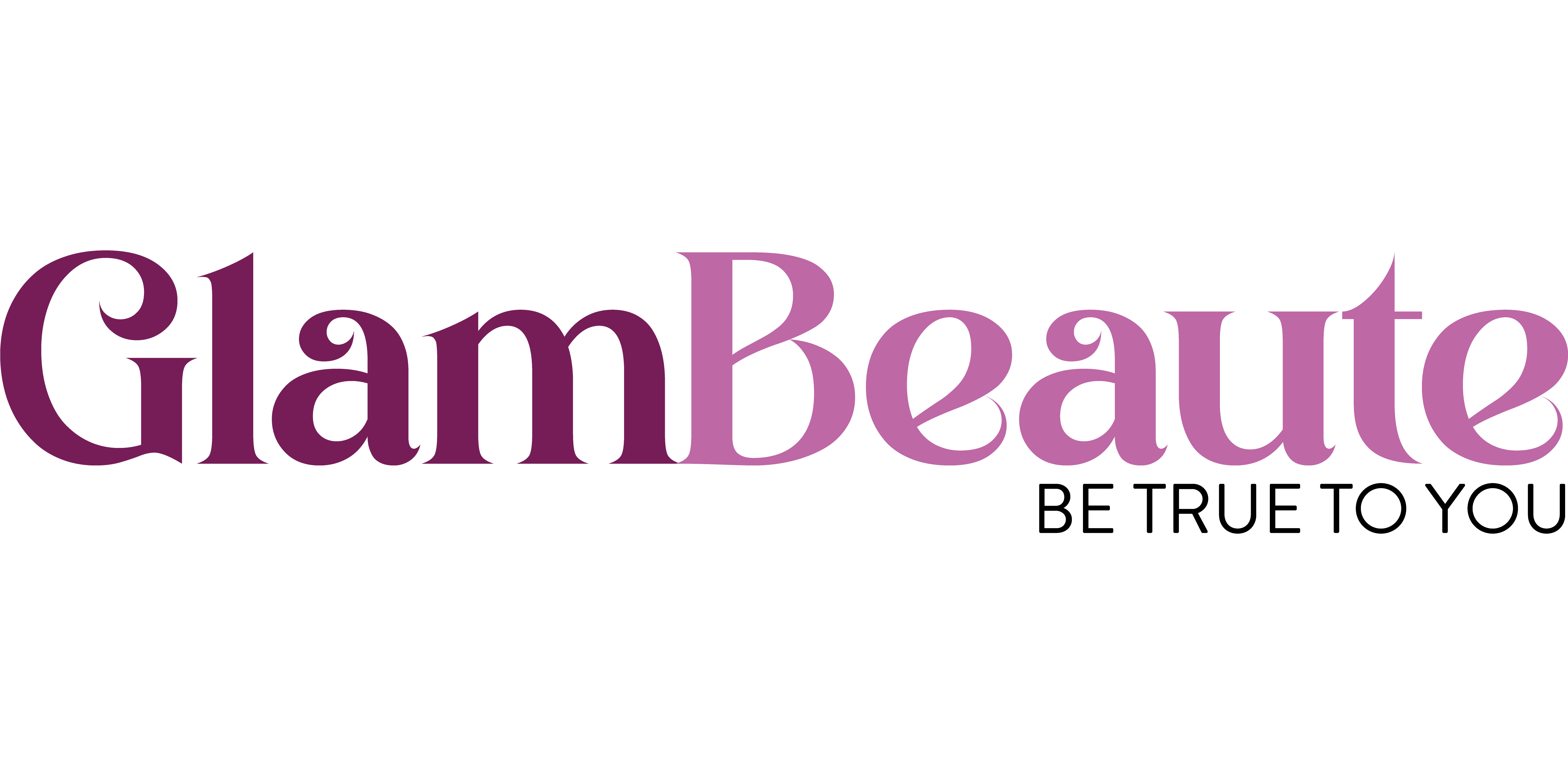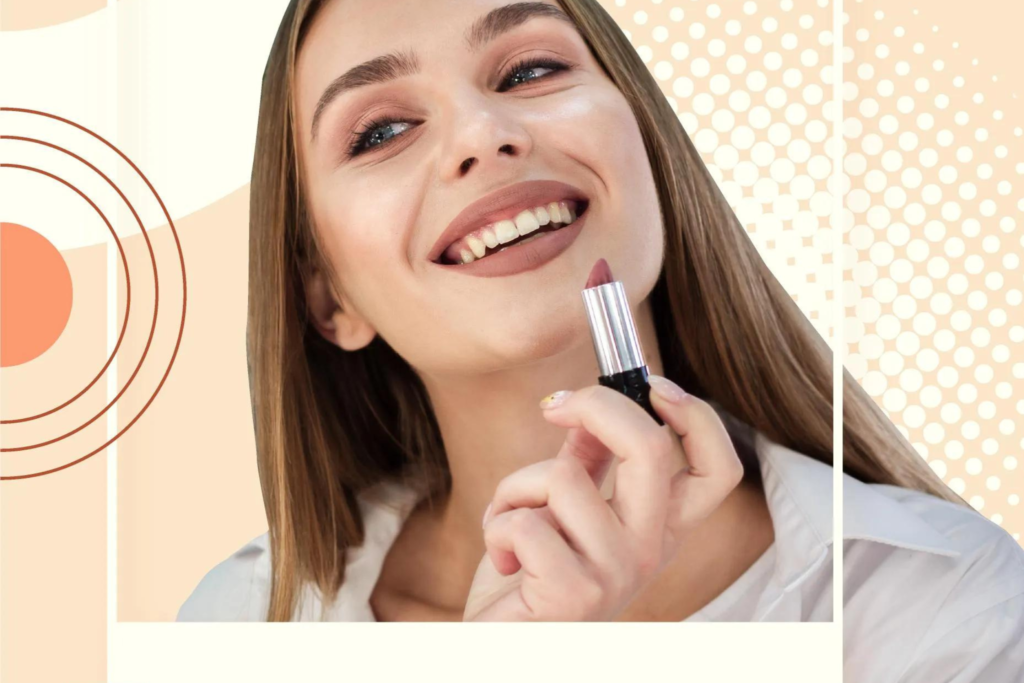No products in the cart.

The New Normal
The New Normal: The Evolution of Cosmetic Procedures and Plastic Surgery
In the ever-evolving landscape of beauty and self-care, cosmetic procedures and plastic surgery have become increasingly normalized. What was once whispered about in hushed tones is now openly discussed, shared, and sometimes even celebrated across social media platforms. This shift towards transparency has undoubtedly brought some positives, but it has also blurred the line between personal choice and societal pressure, particularly when it comes to the influence on younger generations and this article aims to explore that line and whether cosmetic surgery is, indeed, the new normal.The Rise of Transparency
There’s no denying that transparency in discussing cosmetic procedures has been a game-changer. Influencers and celebrities alike have taken to their platforms to share their journeys—documenting everything from Botox to breast augmentations. This openness has empowered individuals to make informed decisions about their own bodies and choices, reducing the stigma that once surrounded such procedures.
One positive outcome of this transparency is the demystification of cosmetic surgery. By sharing their experiences, influencers have helped educate their audiences about what procedures entail, what to expect during recovery, and how to choose a reputable practitioner. This has made cosmetic enhancements seem less daunting and more accessible to those who may have been curious but apprehensive. Moreover, we see that estheticians and plastic surgeons are also being held accountable for surgeries that have gone wrong in more was than the past and this openness and transparency has led to the ability to have a open conversation and bring to light anything that might have been going unnoticed.
The Thin Line: Transparency vs. Promotion
However, there exists a delicate balance between transparency and promotion. While it’s empowering to hear someone openly discuss their journey with plastic surgery, it becomes concerning when these discussions shift towards actively promoting procedures as solutions to insecurities or imperfections. The danger lies in creating an environment where altering one’s appearance is not just a personal choice but almost an expectation. Which is something we are actively seeing in many communities around the world – the “if you don’t like it then fix it” mentality which seems to be a culture perpetuated by social media. Platforms like Instagram showcase heavily edited and curated images, often setting unrealistic standards of beauty. When influencers—who are often seen as role models—publicly endorse procedures to achieve these standards, it sends a powerful message, especially to younger audiences. Moreover, seeing these influencers (who are seemingly perfect and idols for the younger audiences with how they look and who they want to be) also insecure about their physical appearance can lend itself to a variety of problems with the younger generation and can lead to devastating consequences.
What was intended as a journey towards self-improvement and empowerment has, in some ways, morphed into a culture of “if you don’t like it, fix it.” This mentality can diminish the value of natural beauty and perpetuate the idea that external appearance is paramount. It also reinforces the notion that any perceived flaw should be corrected rather than embraced or accepted.
Moreover, this culture of constant enhancement can create a cycle where individuals feel pressured to undergo multiple procedures to maintain a certain look or to keep up with trends. The financial costs, physical risks, and emotional toll of these decisions are often downplayed in the pursuit of aesthetic ideals.
Impact on Younger Generations
The impact on children and teenagers cannot be overlooked. Growing up in a digital age where filters and photo-editing apps are commonplace, young people are constantly exposed to altered images of perfection. When influencers openly discuss how they have “fixed” their appearance through surgery or injectables, which can create a damaging narrative. It’s not uncommon for young individuals to internalize these messages, believing that if they don’t conform to these standards, they are somehow inadequate. This can lead to issues with self-esteem, body image, and even the normalization of undergoing cosmetic procedures at a young age—often without fully understanding the risks and implications.
However, we cannot talk about the rise in the need to fix themselves without talking about the huge support and campaigning when it comes to self-love and knowing you are beautiful as you are. With influencers and public figures like Spencer Barbosa who are constantly championing the idea of body positivity and not changing yourself for anyone else, there is hope for the TikTok-age teens to find some reprise and find a way to love and see themselves for who they are amidst the roaring need for “fixing”.
Finding the Balance
The normalization of cosmetic procedures and plastic surgery represents a complex evolution in our society’s perception of beauty and self-care. While transparency has empowered individuals to make informed choices about their bodies, as well as have plastic surgery be something that is no longer completely shunned by society, it has also blurred the lines between personal empowerment and societal pressure. The impact on younger generations, in particular, raises concerns about self-esteem, body image, and the normalization of altering one’s appearance. Ultimately, the journey towards self-improvement should encompass more than just physical enhancements. It should embrace self-acceptance, inner confidence, and a holistic approach to well-being. By fostering a culture that values authenticity and diversity, we can create a more inclusive beauty narrative—one that celebrates individuality and empowers everyone to feel beautiful in their own skin.
Furthermore, the need for more people to come out and talk about how deadly the effects of constant editing out of “parts you don’t like”, whether online through a website or IRL through plastic surgery is increasing by the day as we see a generation that was brought up online and have little to no safeguarding against the things they see on the internet. Along with this we see the onset of increased levels of depression, social anxiety and a lack of confidence.
All in all, cosmetic surgery for personal empowerment is great, promotion of it, especially to the young audience on social media, is not and is deeply problematic and is also a tide we must turn.
Related Posts
Unlock the secrets to glowing skin with our top 10 face care tips for 2024. This guide offers practical advice on maintaining a radiant complexion, from incorporating cutting-edge skincare products to adopting effective daily routines. Explore the latest trends and essential practices that will help you achieve and maintain a healthy, luminous look throughout the year.
Unlock the Best Skincare Advice: Embrace Beauty, Stay Hydrated, Sun Protection Tips, and Skincare Do’s and Don’ts.
Unlock the Best Skincare Advice: Embrace Beauty, Stay Hydrated, Sun Protection Tips, and Skincare Do’s and Don’ts.





